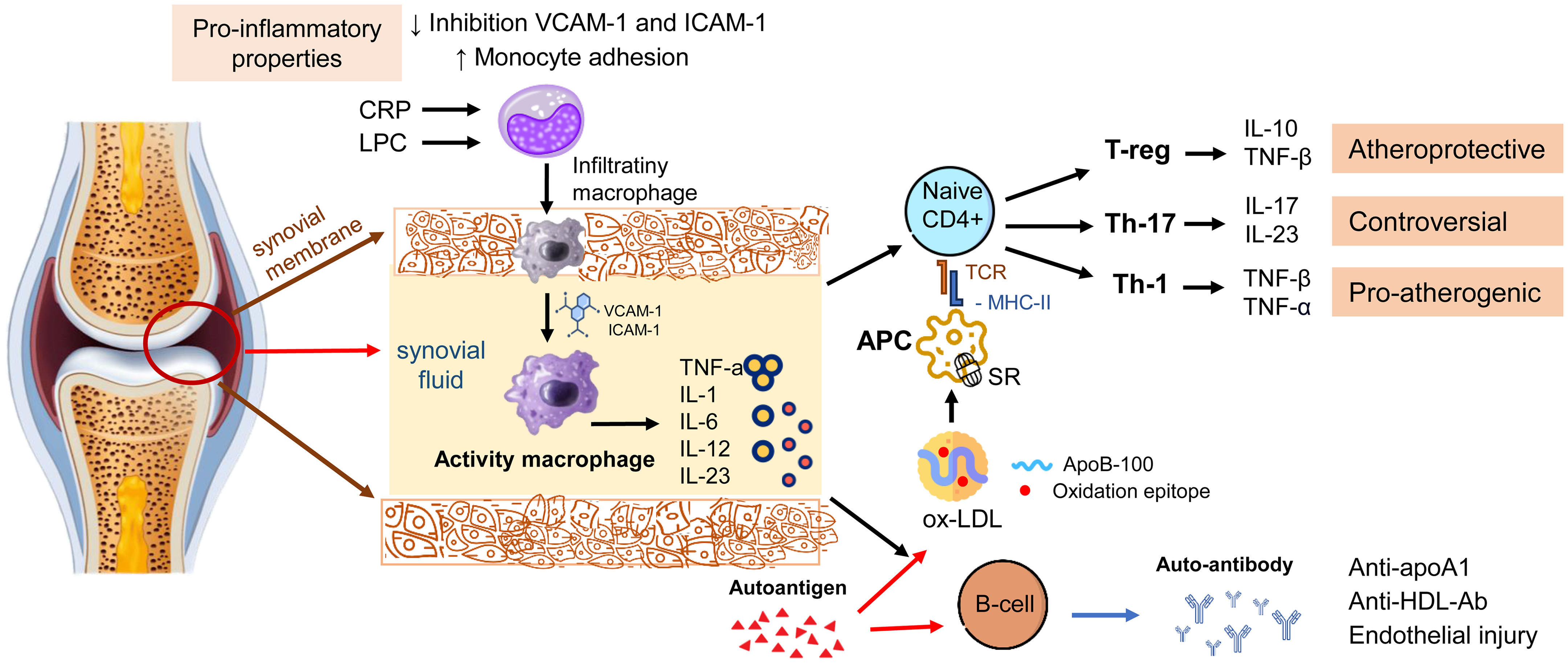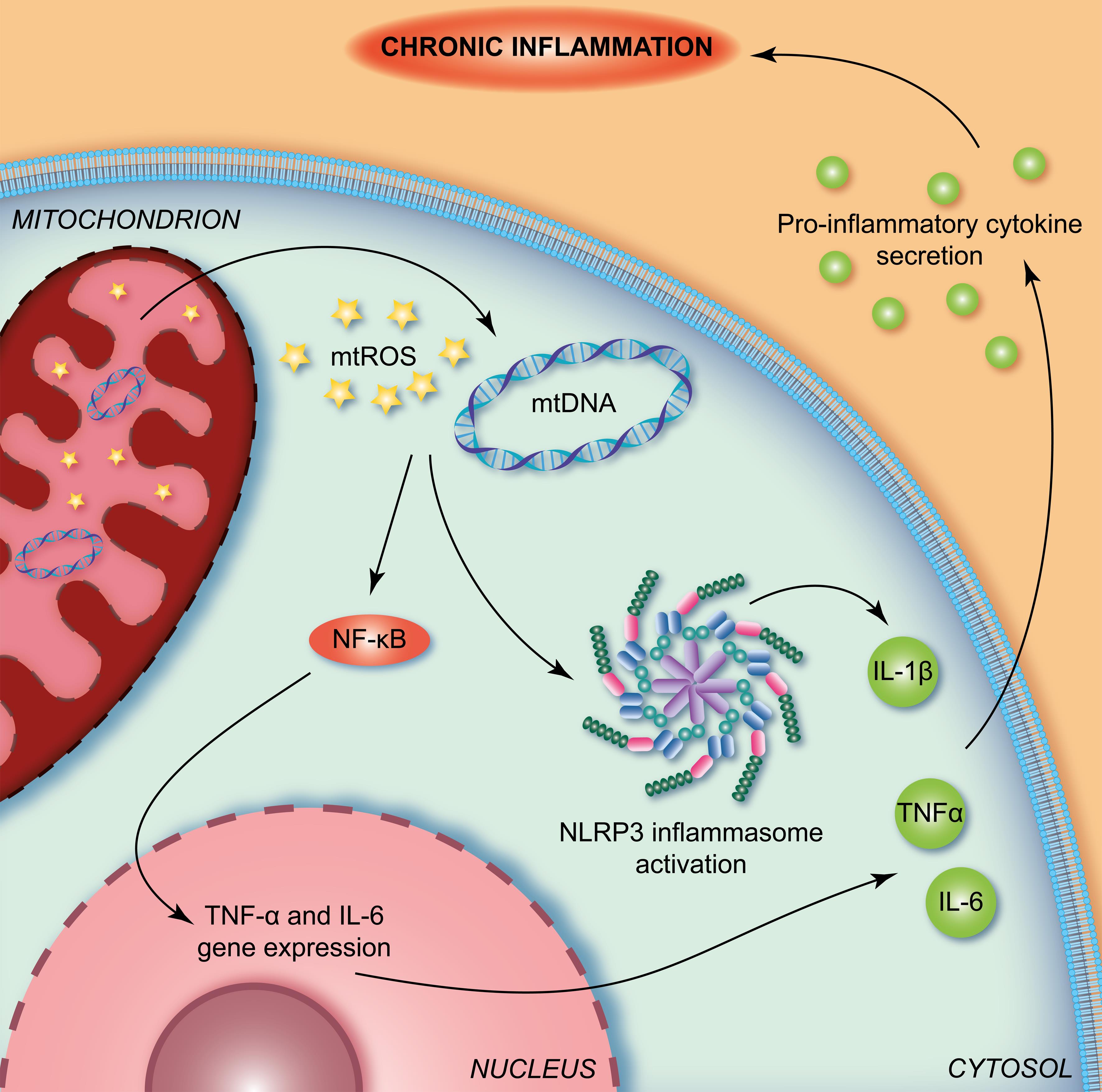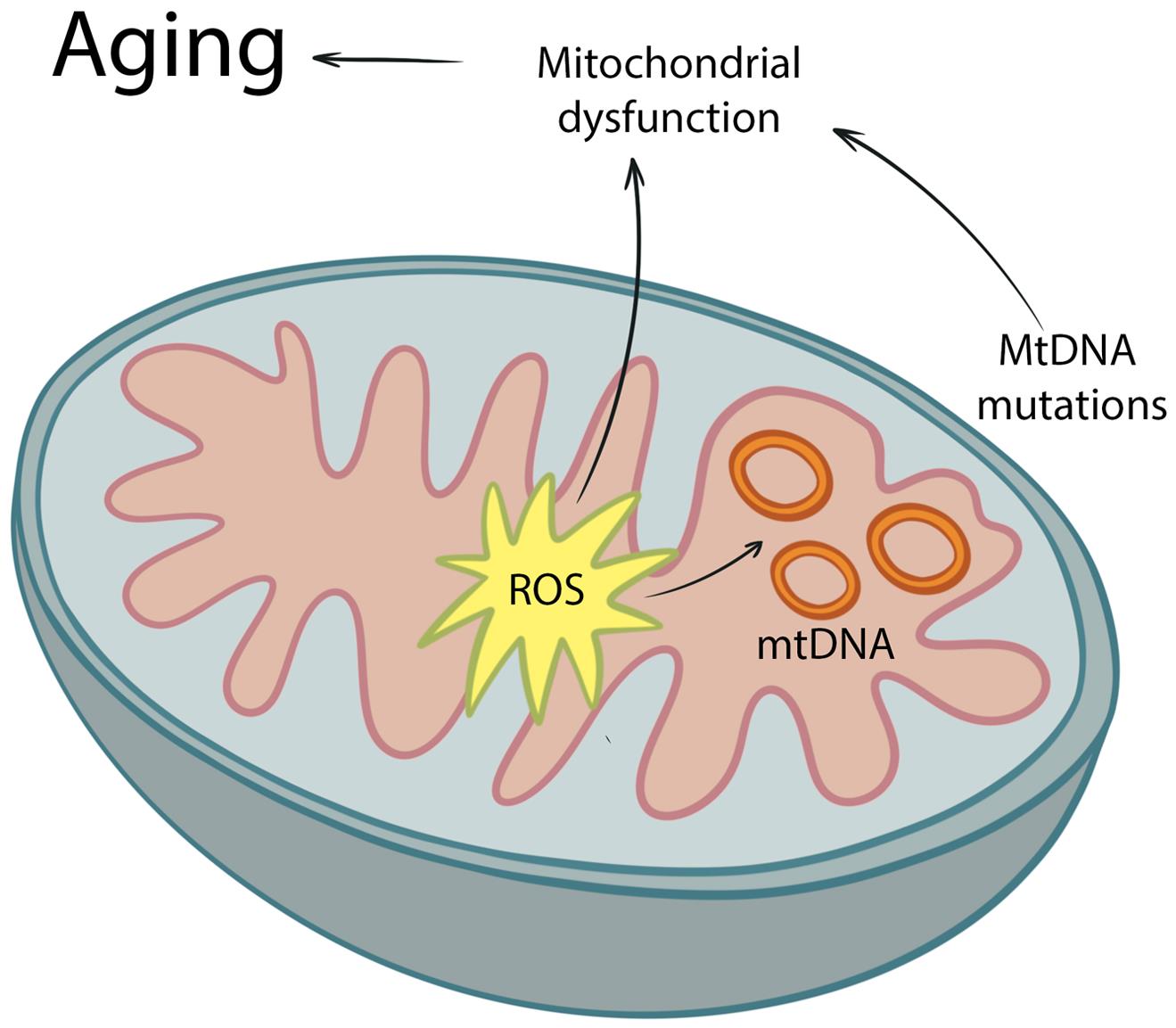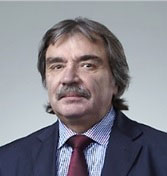This Special Issue will cover lipids in their broadest sense, including different classes and types of lipids and lipid-containing particles, triglycerides, Lp(a), PCSK9, and apoCIII as well as the metabolism of lipids in cells and tissues, lipid transport, etc. Review and research articles as well as methodology papers that summarize and investigate the roles of lipids in various physiological processes, pathologies and diseases are welcome.
Lipid levels and inflammation are known to be related to each other. Lipid accumulation and the inflammatory response are two events that occur in many processes in both normal conditions and in pathological disorders. Current knowledge links lipid-induced activation of the innate and adaptive immunity to the chronic inflammation that explains many mechanisms of pathologies. This Special Issue is focused on the current progress in genetic studies, drug discovery and drug application in diseases. During the recent years, great advances in genetic studies and the accumulating pool of available data made possible the discovery of the molecular mechanisms of a number of chronic human pathologies along with the investigation of genetic predispositions to various disorders and the identification of numerous potential therapeutic targets. In turn, a number of preclinical and clinical trials that collected important data on the safety and efficacy of new drugs followed this progress. Research articles provide numerous examples of the successful development and application of drugs and gene therapies for cardiovascular diseases, cancer, and other human pathologies. Moreover, a significant amount of data is coming from clinical applications and molecular studies of traditional medicines.
This Special Issue aims to translate the results of basic research into guidance for the management of various diseases. In particular, the Special Issue will focus on atherosclerosis. Extra- and intracellular deposition of lipids, predominantly of cholesteryl esters, in arterial intima is one of the earliest manifestations of atherosclerosis. The formation of lipid-laden foam cells is recognized as a trigger in the pathogenesis of atherosclerosis. Low-density lipoprotein (LDL) circulating in human blood is the source of the lipids that accumulate in arterial cells. For accumulation to occur, LDL particles must undergo chemical modification. Studies of the role of modified LDL should reveal a fundamental modification of LDL that makes it atherogenic. Large-scale epidemiological studies have firmly established the association between low plasma levels of high-density lipoprotein (HDL) and elevated risk of cardiovascular disease. This relationship is thought to reflect the key biological function of HDL, which involves reserve cholesterol transport from the arterial wall to the liver for further excretion from the body. Systemic and vascular inflammation has been proposed to convert HDL to a dysfunctional form that has impaired antiatherogenic effects. A loss of anti-inflammatory and antioxidative proteins, perhaps in combination with a gain of proinflammatory proteins, might be another important component in rendering HDL dysfunctional.
The Special Issue will cover basic, translational, clinical and applied research in relevant fields. Original or Review papers are welcome.
Review Article

|
Proatherogenic Disorders of Blood Lipid and Lipoprotein Metabolism in Patients with Rheumatoid Arthritis
Elena V. Gerasimova, Tatiana V. Popkova, Maria V. Shalygina, Daria A. Gerasimova
Published online: July 23, 2024
doi:10.14218/GE.2024.00036
|

|
Role of Mitochondria in the Chronification of Inflammation: Focus on Dysfunctional Mitophagy and Mitochondrial DNA Mutations
Alexander N. Orekhov, Volha I. Summerhill, Victoria A. Khotina, Mikhail A. Popov, Jamol K. Uzokov, Vasily N. Sukhorukov
Published online: November 30, 2023
doi:10.14218/GE.2023.00061
|

|
Mitochondrial Mutations Affect the Cardiovascular System during Aging and Oxidative Stress
Anastasia V. Poznyak, Vasily N. Sukhorukov, Mikhail А. Popov, Yegor S Chegodaev, Anton Y. Postnov, Alexander N. Orekhov
Published online: September 21, 2023
doi:10.14218/GE.2023.00039
|
|
|

|
Co-Guest Editor
Dr. Veronika A Myasoedova
|
Read More
|
|
Researcher, Unit for the Study of Aortic, Valvular and Coronary Pathologies at Centro Cardiologico Monzino, IRCCS, Milan, Italy
Dr. Myasoedova’s PhD research aimed to investigate the gender differences in atherosclerosis progression as well as the roles of sex hormones in the cellular and molecular mechanisms of atherogenesis and intracellular cholesterol accumulation. She has participated as a research assistant and/or coordinator in numerous national and international clinical trials. Currently, she is a PI of a project financed by the Italian Ministry of Health, entitled “Sex-specific mechanisms in the development of calcific aortic valve disease: from fibrosis to calcification”. Another of her research interests is the study of circulating biomarkers for the identification of patients experiencing aortic valve degeneration in support of the discovery of novel pharmacological targets.
Work experience:
2004-2011: Researcher in Laboratory of Angiopathology. Institute of General Pathology and Pathophysiology, Moscow Russia
2008: Invited researcher in Department of Cardiology West-German Heart Center, Essen, Germany
2011-2015: Researcher in Laboratory of Cardiac Biochemistry, Unit of Atherosclerosis Prevention, Centro Cardiologico Monzino, IRCCS, Milan, Italy
2015-present: Researcher in the Unit for the Study of Aortic, Valvular and Coronary Pathologies at Centro Cardiologico Monzino, IRCCS, Milan, Italy.
|

|
Guest Editor-in-Chief
Prof. Alexander N Orekhov
|
Read More
|
|
Director, Institute for Atherosclerosis Research, Russia
Professor Alexander N. Orekhov, Ph.D., D.Sc. is the Director of the Institute for Atherosclerosis Research and the Chief Researcher of the Russian Science Center for Surgery, Moscow, Russia. Professor Orekhov was educated at the Biological Department of Moscow State University. For 40 years, he has been studying the problem of atherosclerosis. He is the author or co-author of 13 monographs, 118 chapters, and about 1,500 papers in peer-reviewed scientific journals. Professor Orekhov was a Research Fellow at the University of Gothenburg, Gothenburg, Sweden and at Baylor College of Medicine, Houston, USA as well as a Professor Fellow at the University of Milan, Milan, Italy. In addition, he is currently a Professor at Beijing University of Chinese Medicine, Beijing, China. Under his leadership, 108 research grants and contracts have been completed. He is the author of 18 patents. Professor Orekhov has 18 Russian and international scientific awards. He has participated and participates as editor-in-chief, member of the editorial board and guest editor for 20 international scientific journals. He has been a member of 11 program and organizational committees of international conferences. Professor Orekhov is a member of numerous scientific societies, including the American Heart Association, European Atherosclerotic Society, World Mitochondria Society, Asian Pacific Society of Atherosclerosis and Vascular Disease, International College of Angiology and others.
|
Important Dates
Submission open date: June 6, 2023
Submission deadline: December 31, 2023
Instruction for Authors
The authors should refer to the Instructions for Authors in preparing the manuscript and kindly submit it through the Online Submission System directly.
Instructions for authors:
Online submission system:
Please state in a cover letter that the manuscript is being submitted for inclusion in the special issue ‘Lipids and Inflammation in Health and Disease: Focus on Molecular Genetics’ and follow the usual GE instructions.
For any inquiries, please contact the journal by email: ge@xiahepublishing.com
|